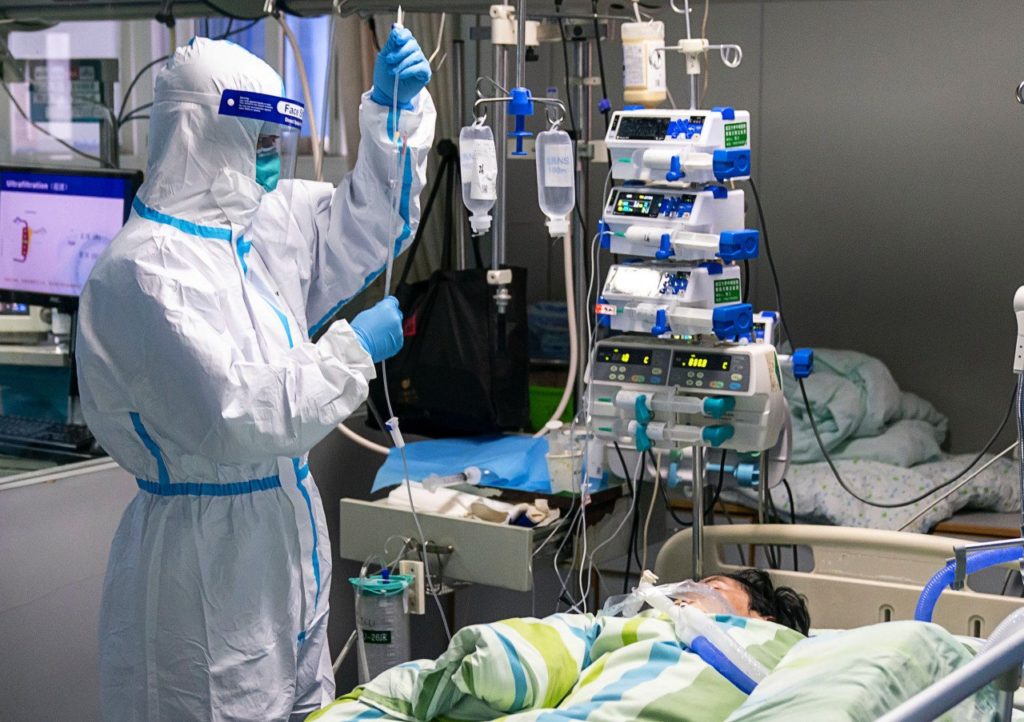
A patient infected with the new strain of coronavirus is under treatment at a hospital in China. |Yonhap via The Korea Herald/Asia News Network
CEBU CITY, Philippines – The Department of Health (DOH) is monitoring another two suspected cases of the 2019 novel coronavirus or 2019-nCoV, in Cebu City.
A distribution map of all suspected 2019-nCoV cases in the country created by DOH was presented in a press conference headed and aired on Facebook live by Radio Television Malacañang (RTVM), the broadcasting arm of the Presidential Communications Operations Office (PCOO), today, Monday (January 27).
The map shows that aside from the 5-year-old Chinese boy from Wuhan City, who recently tested negative for the 2019-nCoV, health officials are also closely monitoring two adult patients, age 18 years old and 61 years old, and both females in Cebu City.
A distribution map of the 11 suspected cases of 2019-nCoV being monitored by DOH since January 12, 2020. CDN Digital has censored the names of the hospitals in respect to the doctor-patient confidentiality clause | Screenshot from RTVM’s Facebook live press conference.
Both patients are confined in isolation rooms in separate hospitals in Cebu City. CDN Digital has censored the names of the hospitals in compliance with the doctor-patient confidentiality clause.
Health Secretary Francisco Duque III disclosed that a total of 11 suspected 2019-nCoV cases have been under the radar of DOH since January 12, 2020. He said that presently, the country is still free from any confirmed cases of the new coronavirus strain.
Most of the persons-under-investigation (PUIs) , seven out of 11, are admitted in various hospitals in the Visayas – three in Western Visayas, three in Central Visayas (including the 5-year-old who tested negative of 2019-nCoV), and one in Eastern Visayas.
All PUIs in Central Visayas are from Cebu.
Duque said the PUIs consists of Chinese nationals, Brazilians, a German, and an American – all of whom have traveled to Wuhan City in Hubei province in Central China.
The 2019-nCoV originated in Wuhan City, a major transportation hub in mainland China with a population of 11 million.
Duque added that the Research Institute for Tropical Medicine (RITM) is now conducting laboratory tests of the samples or specimens from seven of the 11 PUIs. He also said the other four have yielded different results but tested negative on previously known coronavirus strains such as the Middle East Respiratory Syndrome (Mers-CoV), and Severe Acute Respiratory Syndrome (Sars-CoV).
The head of the country’s health bureau also stressed the need for the public to take hygiene seriously, and make the washing of hands a habit in order to prevent being infected with diseases. /rcg